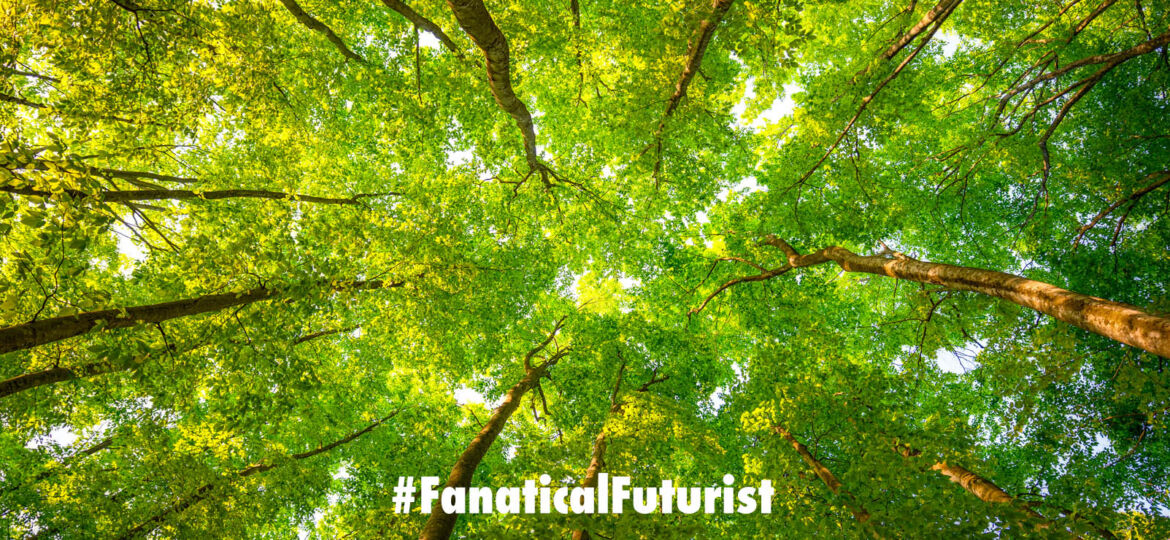
WHY THIS MATTERS IN BRIEF
Today plastics are the scourge of the environment so now companies around the world are racing to create environmentally friendly alternatives, and plastics made from true glue could be near the top of the list.
Plastic’s fall from grace in the past couple of years has been almost legendary, hailed as a revolutionary “miracle” material when it was first discovered at the start of the last century it’s now the epitome of the quintessential environmental villain. As a result there is now a race more than ever to rid the planet of the scourge, and while there was recently a “one in a billion” breakthrough with the discovery of a plastic eating enzyme found in a Japanese dump that will one day help us recycle it there’s still the challenge of finding a new, environmentally friendly alternative.
Now, among the cacophony of plastic alternative wannabe’s though scientists have announced the development of a new biodegradable plastic derived from what they call “tree glue” that can be tossed out with food scraps and breakdown like any other vegetable like material, and it could be on the shelves within five years.
Researchers at the University of Warwick have found that a natural glue called lignin, the same material that another revolutionary materials company, Woodoo, have been playing about with the create wood that is stronger than steel, that holds cellulose fibres together, stiffening plant stems, can be turned into a strong, mouldable plastic.
Asides from helping hold trees together lignin is also conveniently a by product of the paper making process. While it is useful in plants, it causes paper made of wood pulp to weaken and discolour quickly, and so it is removed.
In its raw form it is useless, but Professor Tim Bugg at Warwick has developed a way to use genetically modified bacteria to turn the glue into useful chemicals.
He found that a bacterial called Rhodococcus jostii which lives in the soil and feeds on the glue, can be genetically tweaked so that it turns lignin into high yields of biodegradable plastic.
“I have been working on lignin for 40 years and when I started people said ‘you’re wasting your time’ but now people are thinking this is possible. Still difficult but it is possible,” he said at an event in London on how to deal with the world’s plastic waste problem.
There are only a small number of organisms that can break down lignin and Prof Bugg’s team are using the genetic material from two strains of bacteria to speed up the process.
“Normally the bacteria uses it for growth, and breaks it down into small molecules which it uses as food to grow,” he added, “so we are trying to intercept that process so it still can grow but it can do something for us at the same time. Because lignin is complex, as you break it down you get a complex mixture but what’s nice is with these bacteria they are able to funnel all this. We are hoping in five years that we will have something we can commercialise.”
















